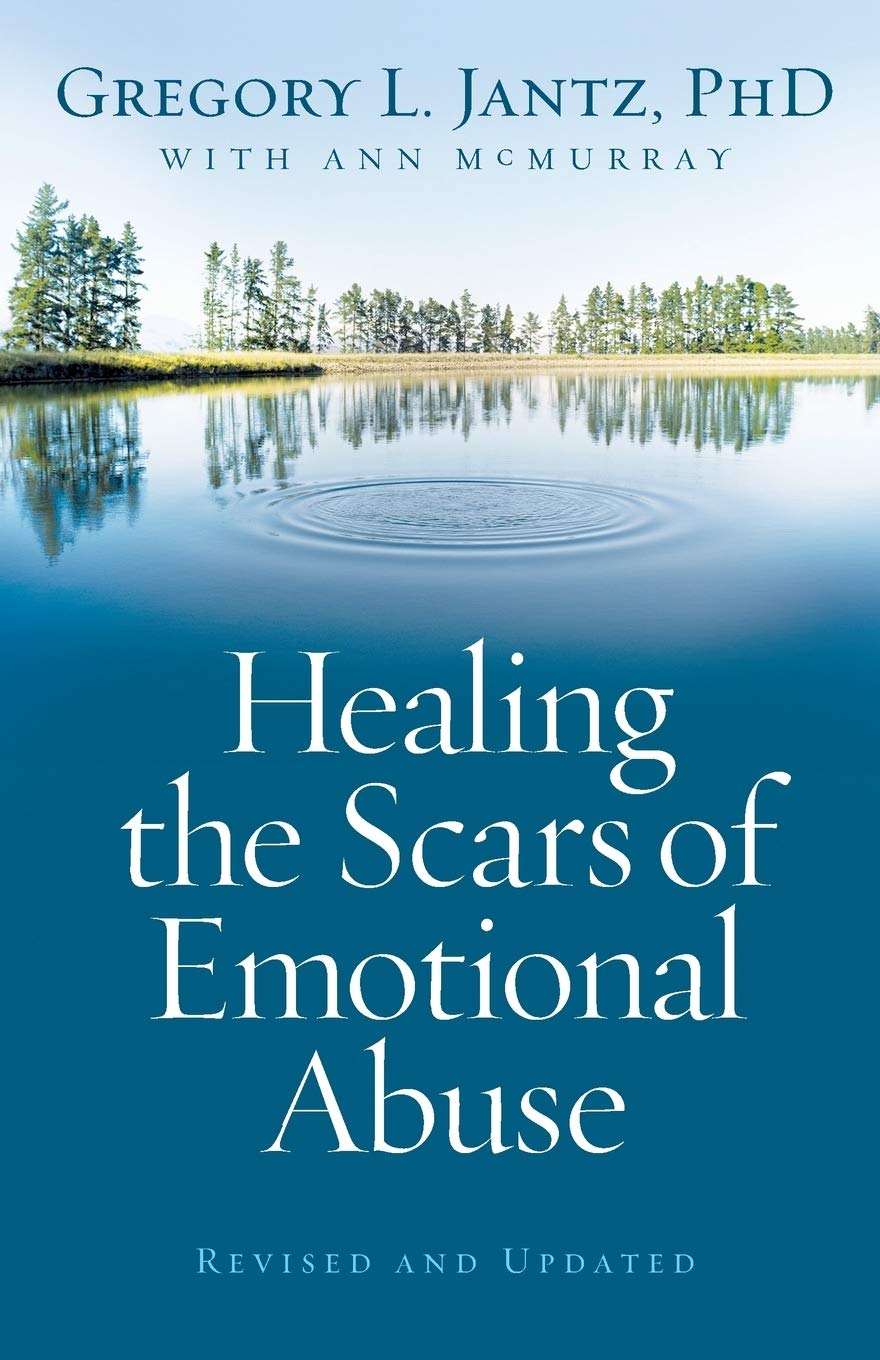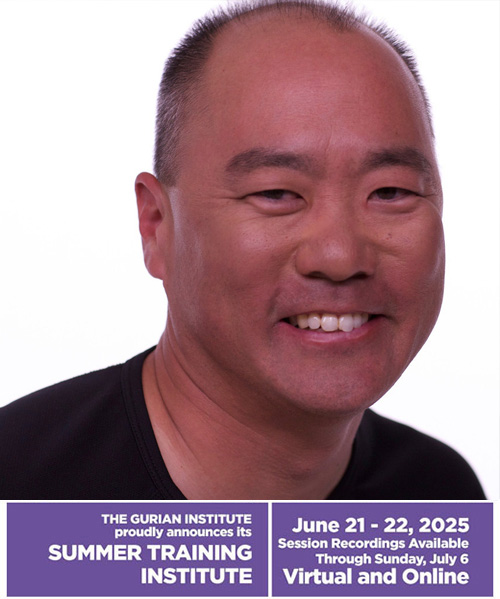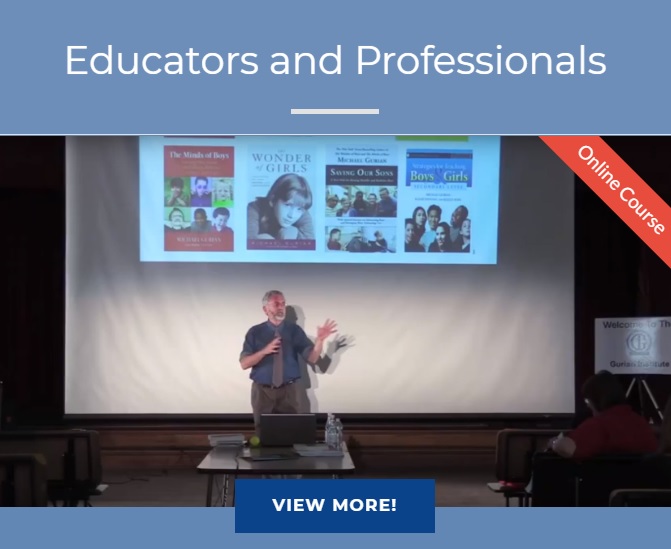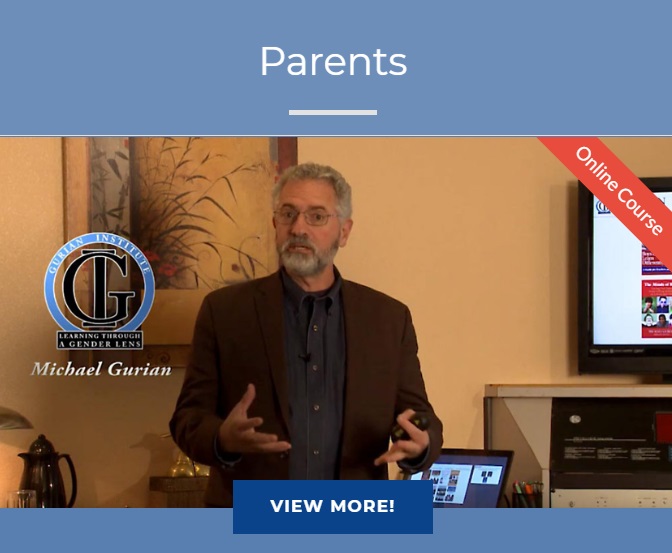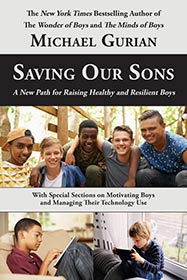Dr. Jantz is also a prolific writer whose books span nearly every relevant mental health topic. Today we feature his recent blog on emotional abuse. We hope you’ll check out The Center, Gregg’s podcast, and Gregg’s books on amazon or wherever you get your books. Like the Center and his podcast, his books are filled with practical tips and strategies you can use right way. — Michael Gurian
Today I want to talk about emotional abuse. With the pandemic, and the existing strife in our society, we have unfortunately seen a corresponding increase in abuse. The most predominant of abuse has been emotional abuse. In fact I have dedicated two recent podcasts to this important topic – How to Deal With an Emotional Abuser and the Different Types of Emotional Abuse and Abusers. If you would like to subscribe to my podcast on YouTube, you will get notifications each time a new episode is published.
Types of Emotional Abusers
Let’s talk a bit about what characterizes an emotional abuser, and how to recognize any inklings of abusive behavior we might be exhibiting, and how to curtail them.
Do you recognize any of these traits?
Emotional Abuse with Other Abuse
Many people ask me if sexual abuse is emotional abuse. The answer is definitely “yes.” If you were ever physically or sexually abused, you were automatically emotionally abused. Those episodes – physical and sexual abuse – take away your emotional dignity.
Emotional abuse can stand alone. Which makes it challenging. On any given day, it can be hard to measure, and hard to see. But you know if you are experiencing it.
The Center’s definition of emotional abuse is “If you are receiving the same unjust or unfair treatment (examples above) from a person or group, over time, you are experiencing emotional abuse.”
Emotional abuse is not a one-time event, with the exception of sexual or physical abuse. People do make mistakes. When we make mistakes, we seek forgiveness. But acting in an abusive way, over and over again, even if one also repeatedly asks for forgiveness, is characteristic of emotional abuse.
It is a slow, dehumanizing, degrading, humiliating process that wears down the victim. It causes the victim to feel frozen, and they defer decision making to the abuser.
What If You See Some Characteristics In Yourself?
Maybe you have fallen into emotional abusive tendencies. If so, take a pause. Take a deep breath. Really think about your words, and your motivation for saying things.
Remember, the emotional abuser intends to cause harm. Is that really your motivation when you get close to that “stage”? Are you really wanting power and control? Or are you wanting an authentic, mutually respectful, peaceful, joyful and healthy relationship.
If it isn’t your intent to be abusive, be proactive to recognize it, pivot, and choose more thoughtful words and actions.
If you feel you would like a resource for emotional abuse, please consider reading Healing the Scars of Emotional Abuse.
If emotional abuse has gotten to the point where it is significantly affecting your life, please call us at 888.771.5166 to discuss what a whole person care treatment program for emotional abuse can look like for you or a loved one.
–Dr. Gregory Jantz, Founder of The Center, A Place of Hope



